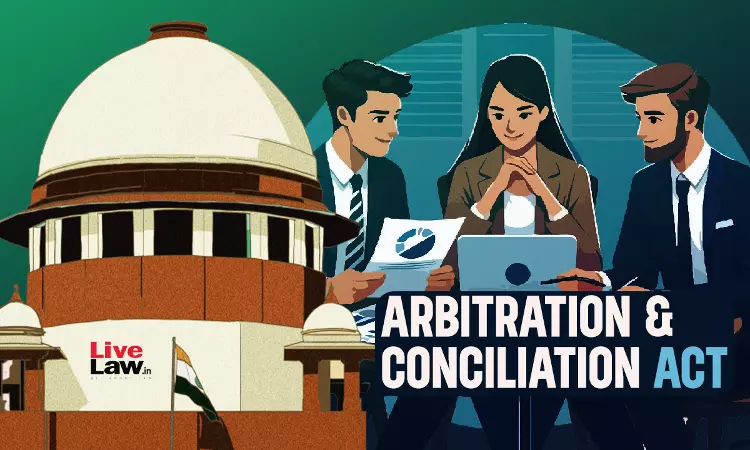Unconditional Withdrawal Of Arbitrator Appointment Application Bars Second Application On Same Cause Of Action: Supreme Court
Yash Mittal
10 Nov 2024 4:59 PM IST

The Supreme Court ruled that Order 23 Rule 1 CPC applies to arbitrator appointment applications under Section 11(6) of the Arbitration & Conciliation Act.
Next Story


